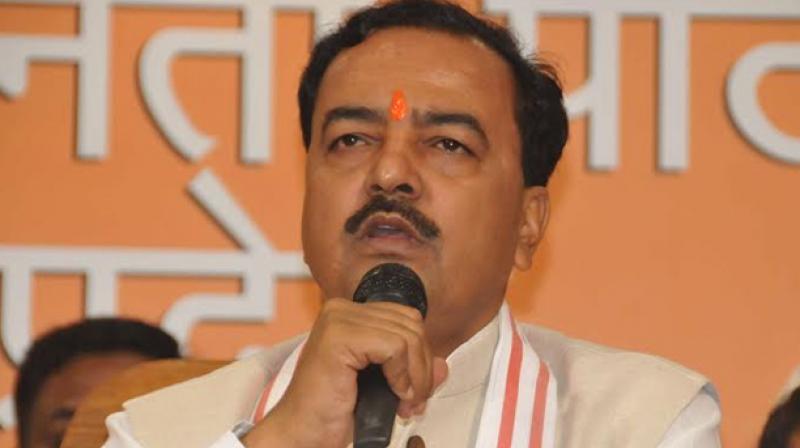DC Edit | Uniform Civil Code: Wider nationwide debate needed
A UCC essentially governs marriage, divorce, inheritance and adoption of the citizens

The affiliates of the Sangh Parivar have often been seen raising the topic of introducing a uniform civil code (UCC), the latest being Uttar Pradesh deputy chief minister Keshav Prasad Maurya. According to him, the Yogi Adityanath-led government is “thinking seriously” about implementing it in the state.
Uttarakhand’s CM Pushkar Singh Dhami, who is into his second term after the recent Assembly elections, has decided to set up a committee to come up with a draft code.
A UCC essentially governs marriage, divorce, inheritance and adoption of the citizens. It is not without reason or constitutional mandate that the talk about a UCC is often initiated. Article 44 in Part IV of the Constitution, which lists the directive principles of state policy, mandates that “the state shall endeavour to secure all citizens a uniform civil code throughout the territory of India”.
Every law has its roots in society, and is the reflection of a felt need. The Constitution-makers did make the criminal law, the British-era Indian Penal Code, 1860, common to all, but chose to keep the UCC as an idea to cherish and chase by the future generations, for it has to factor in the diversity of its people, their customs, religious practices and mindsets that prevailed then.
The idea, however, remained a non-starter, despite India celebrating 75 years of Independence and the Constitution turning 72 years old. Given the fact that a law, even criminal one, could imperil the lives of innocent people in a vast and diverse country like India unless carefully drafted, one cannot blame governments for their failure to come up with a UCC. It may be remembered that a well-intentioned criminal law, the Protection of Children from Sexual Offences (POCSO) Act, 2012, has resulted in the incarceration of tribal youth who married at a younger age per the custom of their communities. If a criminal law can make people who are not well-versed with the workings of a modern constitutional democracy its victims, then a civil code can do even more harm unless it did not take into account the various practices that govern our communities.
However, it is no one’s argument that a progressive society can afford to allow its people to depend on separate laws for its civil engagements forever, and hence it is legitimate to spare a thought to the uniform civil code.
If the BJP which runs Union government is serious, then it must first take a leaf out of its own book as to how it went about formulating the Central Goods and Services Tax Act, 2017, a path-breaking legal reform in independent India introduced with a larger consensus, instead of allowing its minor players to do the kite-flying.
Nothing can be more ludicrous than every state thinking of having its own UCC, which turns the very idea of having one on its head. The NDA dispensation, too, should not give in to its propensity to use its every move as a tool to further its divisive agenda. It must, instead, initiate a national debate after assuring every stakeholder that they will be heard. It must allay fears that the UCC will not be a ploy to run roughshod over certain cultural practices. Let the conversation begin.

